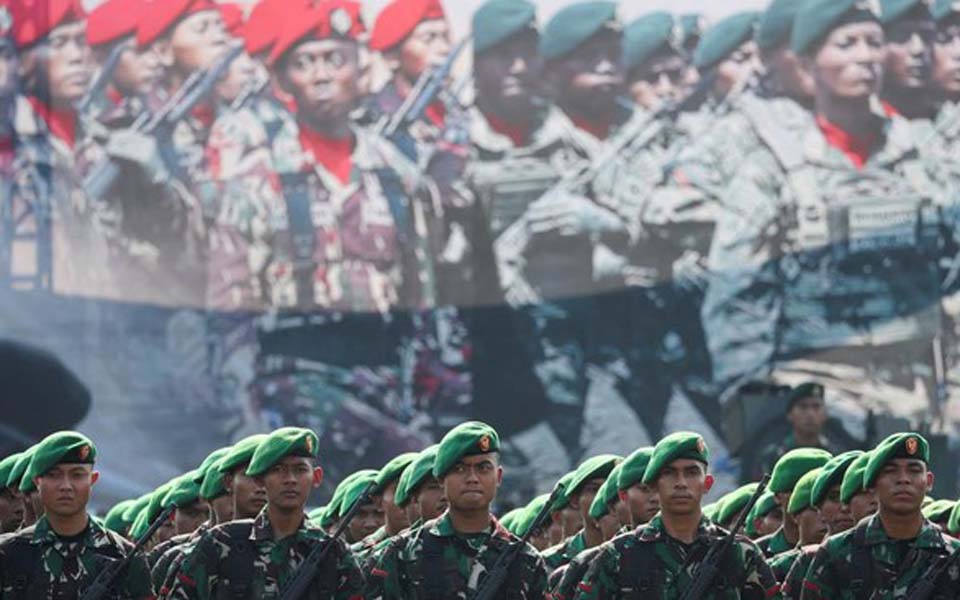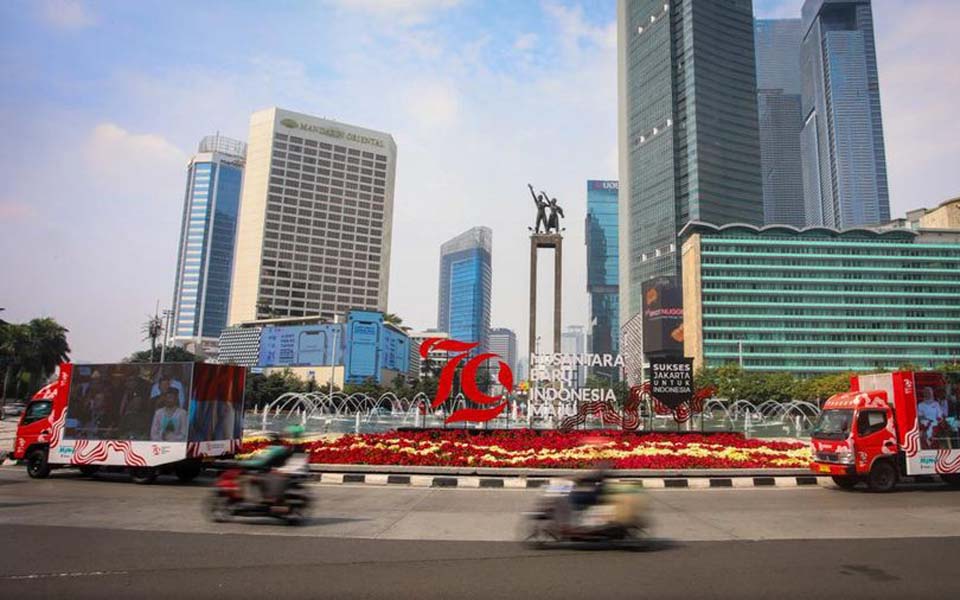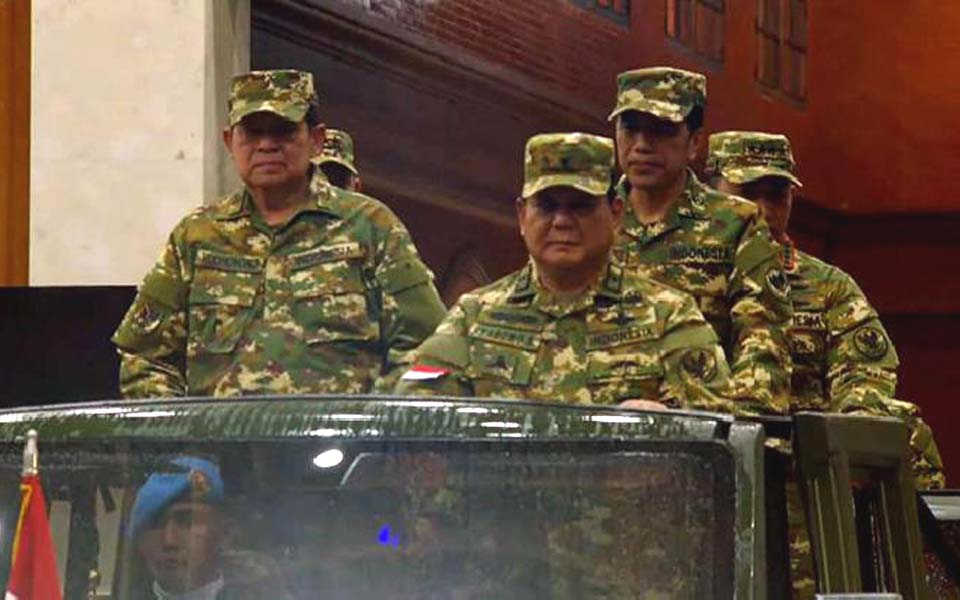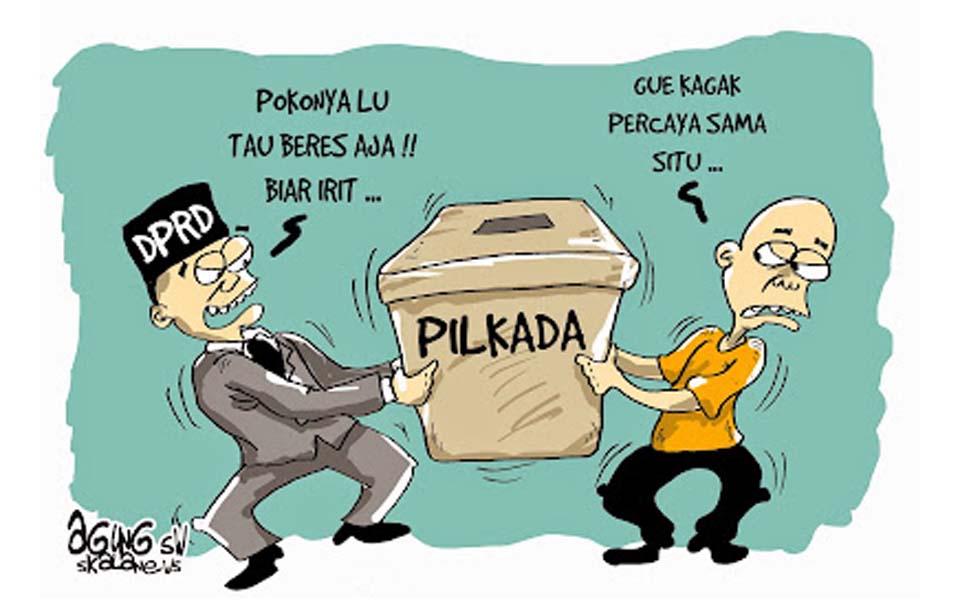Novia Chandra Dewi, Jakarta – The 2009 legislative and presidential elections are within sight. Thirty eight national political parties are registered to contest to fight for the people’s votes. But it is estimated that only 10 parties will end up with seats in Senayan (the House of Representatives).
“Based upon survey results eight political parties have a good chance of reaching the parliamentary threshold, the remainder meanwhile will become the object of a struggle by five long-term and new political parties”, said National Survey Institute (LSN) executive director Umar S. Bakry in a press release received by Detik.com on December 16.
The eight parties are the Democrat Party, the Indonesian Democratic Party of Struggle (PDI-P), the Golkar Party, the Justice and Prosperity Party (PKS), the Greater Indonesia Movement Party (Gerindra Party), the National Mandate Party (PAN), the United Development Party (PPP) and the National Awakening Party (PKB).
Meanwhile the five political parties that will be in a close contest to fight for the remaining seats will be the People’s Conscience Party (Hanura Party), the Ulema National Awakening Party (PKNU), the Star Reform Party (PBR), the Crescent Star Party (PBB) and the Peace and Prosperity Party (PDS).
“Three political parties will easily exceed the parliamentary threshold, that is the PDI-P, the Democrat Party and Golkar. These three parties will presumably easily obtain a vote of more than 10 percent. And it is expected that that close competition will occur between the PDI-P and the Democrats to win the 2009 elections”, explained Bakry.
The thing that is quite surprising is the PKS, Bakry explained, with initial predictions saying that the party will become a serious challenger to the Democrat Party, Golkar and the PDI-P. But in fact, the opposite will occur. “Pragmatic tendencies that have developed within the PKS of late appear to have become a boomerang for its ambitions to become a leading party”, added Bakry.
There is a chance that the Gerindra Party will become the dark horse in the race. “If this party is able to build on its awesome advertising network on television, it is not impossible that it could become a threat to the big political parties. In any case it could well deflate the votes for the big parties”, he said.
PAN, the PPP and the PKB meanwhile will remain middle-class parties. “Maintaining the same number of seats that they obtained in the 2004 elections will be a good achievement”, said Bakry.
Aside from these 10 parties, the other participants will only be part of the sideshow in the 2009 elections. “Unless they make some kind of spectacular effort”, he asserted. (ndr/gah)
[Translated by James Balowski.]















